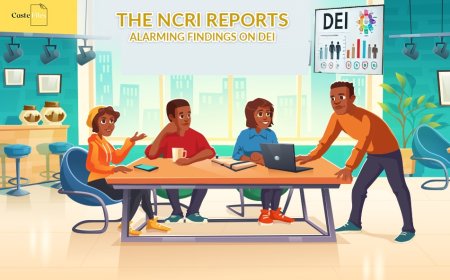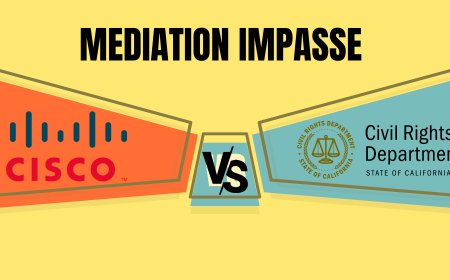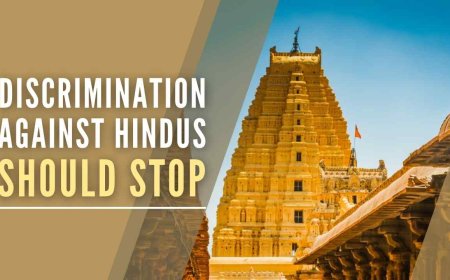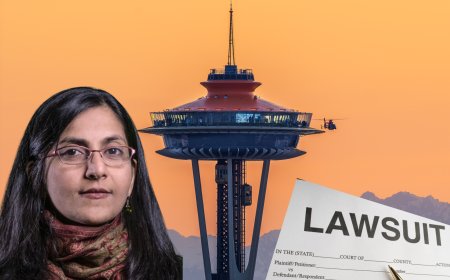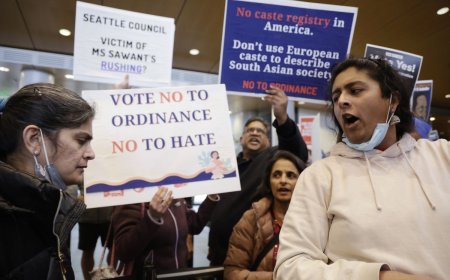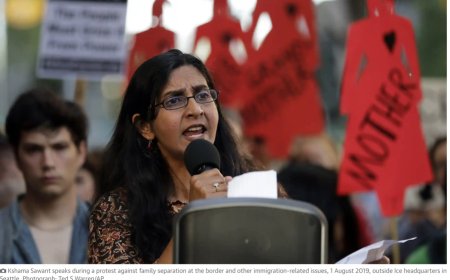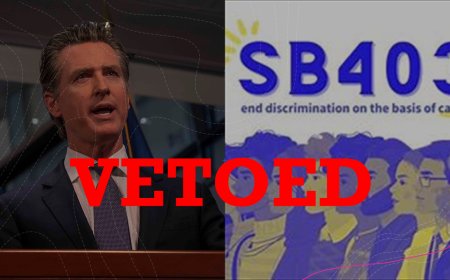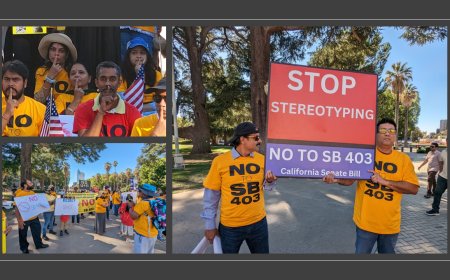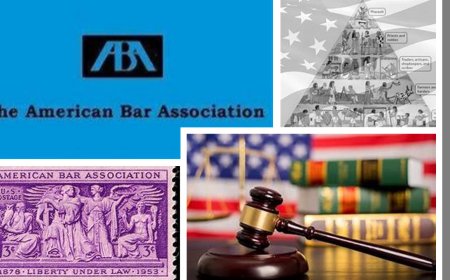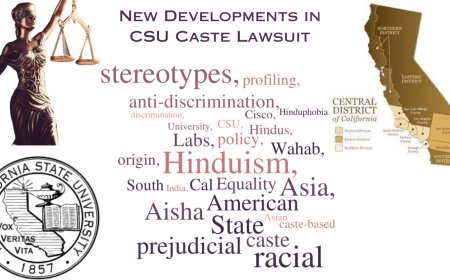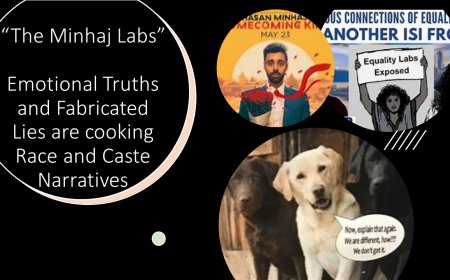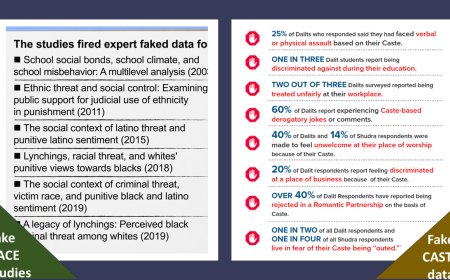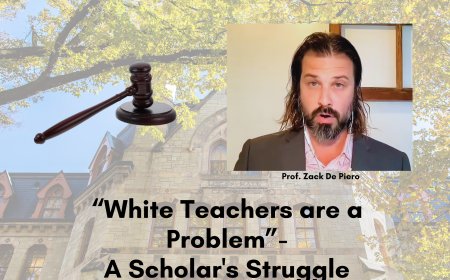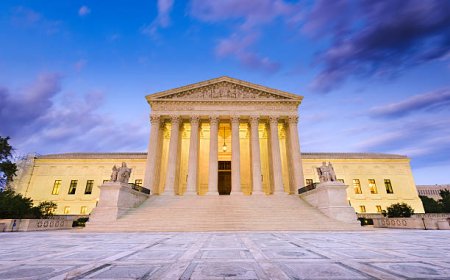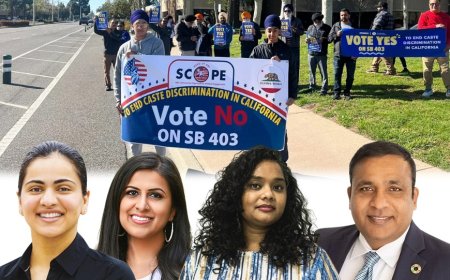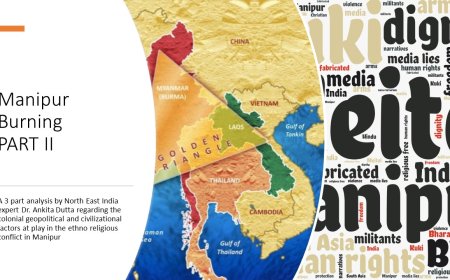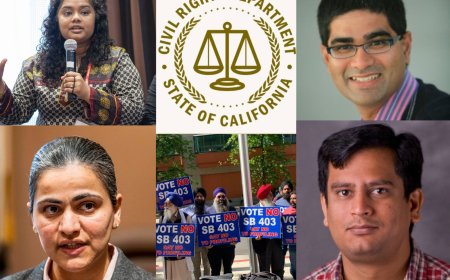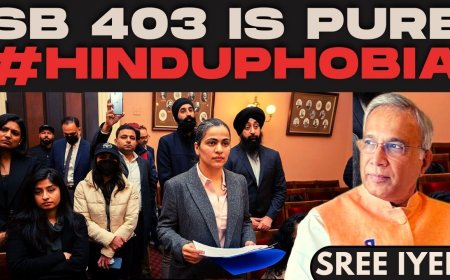Why do Legal Experts Oppose California’s Caste Bill SB 403?
SB403, Castefiles, caste files, caste, caste discrimination
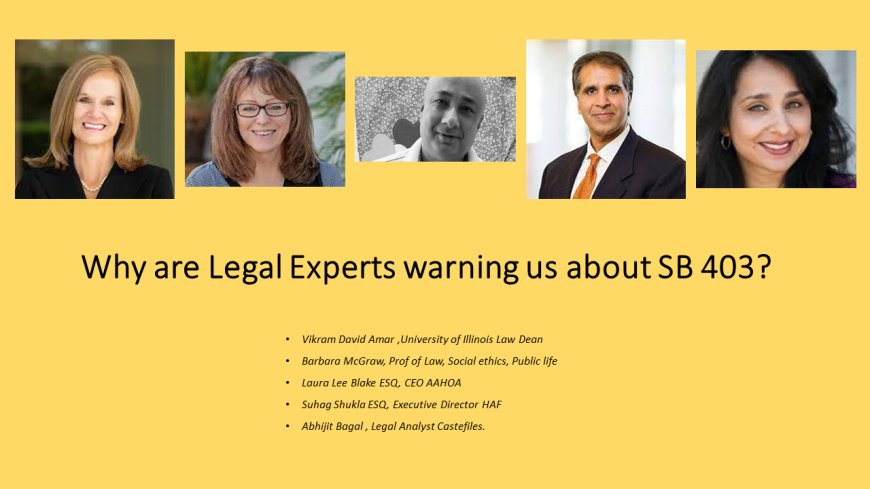
By Abhijit Bagal and Richa Gautam
Resident Legal Analyst at Caste Files, Abhijit Bagal and Caste Files Founder Richa Gautam, summarize the cautionary forewarnings from five legal experts. Bagal offers an important Call to Action in a follow-up article and asks all concerned to write to the legislative arm at the California Department of Justice. This is PART I of a two-part series. To read PART II, click here.
Introduction
When the word caste comes up, no one thinks of the Burakumin untouchable caste in Japan, or the Gob upper noble caste in Somalia. All the blazing guns are trained on the Indian American, more so the Hindu American, who despite zero proof, is charged with bringing this invidious practice inside the American heartland.
Narratives of caste as Indian have been built for long in textbooks and in media, and Indian Americans have lived with the schizophrenia of textbook theories contrasting to their dichotomous lived experience. Without a doubt such narratives can have a direct impact on confidence and pride in one’s heritage, as confirmed by many children.
To add to that misery and steeped in controversy and protests, California Bill SB 403 was introduced in February 2023, to add caste as a protected category, amending the Unruh Civil Rights act of 1964. What looks like a noble act intended to end all discrimination, a closer look by legal experts reveals that its uplifting and benign claims are dubious.
How necessary is SB 403?
Bill SB 403 clearly states that yes, all discrimination including caste is covered in current law and all they seek is to clarify the existing language. Why, then, this emphasis on adding the very specific Portuguese term “caste”— which originates from the Christian word “castas”— as a new protected category?
Even if we accept the argument of “specificity,” it should be imperative that the terminology be facially neutral. To prohibit all forms of discrimination based on class or social status, which also includes caste discrimination, why not use the term “inherited class or social status” a facially neutral term including caste or parentage or ancestry and have it be equally applicable to “all Americans” irrespective of their ancestry, skin color, ethnicity, race, caste, creed, tribe, and national origin.
Could it be that the usage of caste is deliberate to target a particular group of Americans while giving a clean chit to other Americans? Does SB 403 purposely single out South Asians with maleficence? Even if SB 403 was well intended (it seems malicious) or authored by naïve politicians (an oxymoron) the bill will harm South Asian communities in California with enormous negative consequences.
Legislative history of the caste laws and ordinances point to illicit motive
Why is SB 403 going through sweeping iterations? The journey of caste policy in the US begins with a much-debunked Equality Labs report that finds its way through all bills and resolutions.
Given the legislative history of earlier versions of caste resolutions, bills and ordinance, began with targeted Hindu Varna nomenclature Brahmin, Kshatriya, Vaishya, and Shudra, as seen in the California State University Resolutions, the attempt to whitewash those earlier versions will be further signs of illicit motive. It did not help that the Seattle ordinance and SB 403 BOTH incorporated colonial terms like caste Dalit and Adivasi which are all a colonial baggage in the Indian Subcontinent.
Wahab the author of SB 403 may have capitulated to diluted terminology, but she seems to be adamant about including “caste: If the bill includes the term caste, it is directly linked to Hindu Americans as seen in a survey by CoHNA where over 60% of respondents said caste came from India.
Given these dubious manipulations and adamant inclusion of the non-English and foreign term “caste” there seems to be a conflict-of-interest and concern if this will survive judicial review.
What do Experts Say? Here are five opinions.
Barbara McGraw Professor of Law at Saint Mary’s College of California
Barbara A. McGraw, J.D., Ph.D., Professor of Law, and founding director of Center for Engaged Religious Pluralism at Saint Mary’s College of California in Moraga writes - As California grows increasingly diverse, the solution to addressing subtler forms of intra-community discrimination is not to expand specific categories that target particular ethnic groups, resulting in discrimination against them. It is by deploying existing laws with their broad, neutral categories that provide everyone with protection and the obligation to treat everyone fairly. She also raises valid concerns that SB 403 would limit equal protection and due process rights of South Asians (and others similarly situated), resulting in racial profiling because it legislates false claims based on national origin, ethnicity, and ancestry.
Vikram David Amar, Dean at College of Law University of Illinois
Not only is SB 403 discriminatory, it has several Constitutional flaws as pointed out by Vikram David Amar, Dean at the University of Illinois, College of Law, and a leading Constitutional authority. For example, SB 403 in its current form violates the 14th Amendment’s Equal Protection Clause. SB 403’s selective emphasis on South Asian (and Asian, African, and South American)—but not European or North American—cultures would be textually troubling to a reviewing court and would fail a facial neutrality test.
In addition, the SB 403 proposal is concededly merely declarative of law that already exists, thus the thinness of the clarification motive for the law’s enactment opens the door to the possibility that the bill is intended to target and condemn communities with whom the word ‘caste’ is deeply (and stereotypically) associated. Add to this mix the fact that some biased for-profit entities and foreign actors with a conflict of interest are lobbying hard for SB 403 to push their own political agendas and vested interests. Given the legislative history to date, (an earlier version of SB 403 singled out South Asians in an even starker way) and the conflict-of-interest angle, this bill will also fail from an invidious motive challenge in court.
Laura Lee Blake, California Attorney, CEO of AAHOA
The Asian American Hotel Owners Association (AAHOA), the largest hotel owners association in the world, issued a press statement saying that they strongly oppose any form of discrimination, including caste. AAHOA, however, opposes SB 403 due to a concern that it could lead to improper and unlawful racial profiling, targeting, and attacks on individuals of Asian American descent and/or who practice the tenets of Hinduism. Adding caste to the anti-discrimination categories outlined in Section 51 of the California Civil Code and other Education Code and Government Code sections is unnecessary and will cause more harm than good. AAHOA President and CEO Laura Lee Blake, also an experienced California Attorney, said: “There are existing U.S. laws that already address discrimination, and they are near and dear to the hearts of Asian Americans who have faced discrimination on so many different levels simply because of the color of their skin or their religious beliefs. Adding caste to the mix through SB 403 only magnifies these differences and will cause great division and unnecessary conflict for all South Asian communities.” AAHOA stands in solidarity with other organizations, including the Hindu American Foundation, that strongly oppose SB 403, and urges the Senate to shelve SB 403 completely.
Suhag Shukla ESQ, Executive Director Hindu American Foundation
Suhag Shukla ESQ of the Hindu American foundation is more direct in her recent article at calling out “the bill’s jarring denial of equal protection and due process, and the ugly, xenophobic tropes it institutionalizes. Wahab’s bill falsely accuses South Asian Californians of engaging in horrible conduct that just begins with bias and discrimination, extending to torture, rape, murder, even human trafficking, on the basis of caste. In doing so, the proposed law is alone in applying to only one population within the state."
Abhijit Bagal, legal analyst at Caste Files discusses a judicial recourse with the Office of Legislative Affairs at the California Department of Justice
In 2021, California Attorney General Rob Bonta announced his new executive team for the California Department of Justice. Amy Alley became the Director of the Office of Legislative Affairs tasked with high-level policy advisory in the development and advocacy of legislation. Since the Office of Legislative Affairs develops, analyzes, tracks, and advocates legislative proposals of interest to the Attorney General’s office, and SB 403 is still a pending legislation, concerns, and complaints about SB 403 should immediately be directed to this Office. In part II of this article Bagal shares 12 reasons why SB 403 is a legal quagmire.
Is civil rights enforcement agency CRD qualified to handle caste discrimination?
If passed into law, SB 403 will be implemented and enforced by the California Civil Rights Department (CRD) which is infamous for its witch hunts by making false claims, fabricating data, and forcefully assigning a ‘Hindu Brahmin’ caste to people who have declared themselves to be publicly irreligious in the recent Cisco Case.
In the past, CRD has also gone after corporations like Activision and Tesla by deliberately unleashing a hurricane of hostile media coverage against these companies based on malicious and knowingly false assertions. It also worked with activists who contributed to the CRD’s media war. It therefore comes as no surprise that the CRD was sued in Federal Court by the Hindu American Foundation on September 22, 2022.
Recently, a diverse group of 30+ current and former Cisco employees wrote to the CRD stating that “Due to misrepresentations made by the California Civil Rights Department (CRD) in court documents against our organization’s culture and ethics, we experienced a detrimental impact on our lives.”
If California does not want to face more legal entanglements, especially multi-million-dollar class action lawsuits by groups of people who have suffered injury due to the discriminatory actions of the Government of California, it is imperative that SB 403 be shelved immediately.
Conclusion
Clearly, there are strong headwinds against SB 403, and it remains to be seen how California policy makers exercise their powers and vote in the current highly charged environment where citizens are protesting infringement on their religious identity, and think tanks are pointing to the anti-business environment such laws bring even while legal experts are warning of the unconstitutionality,
In Part II of this article, Abhijit Bagal and Richa Gautam give a clarion call to action and write about 12 reasons why SB 403 is a legal quagmire.



